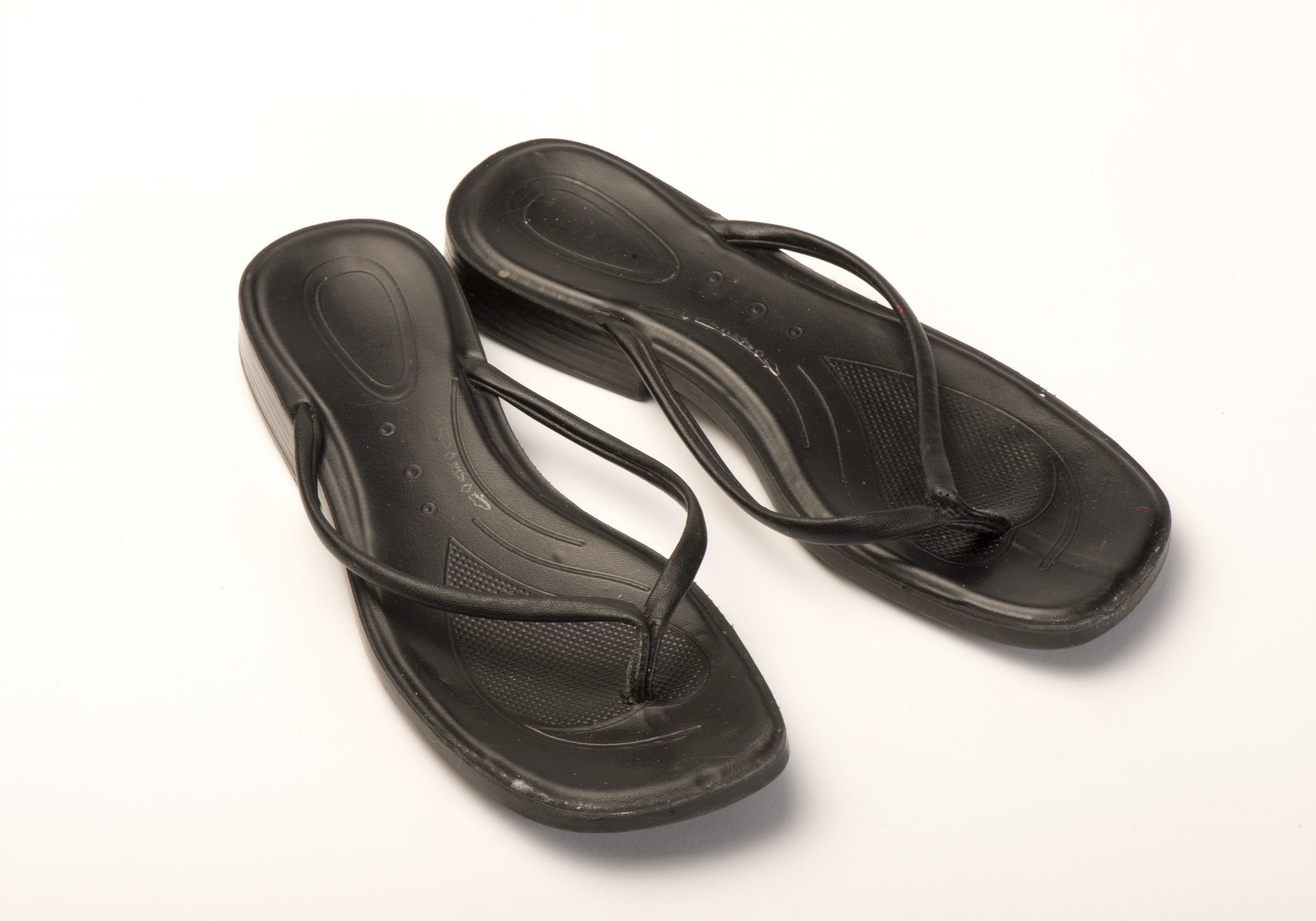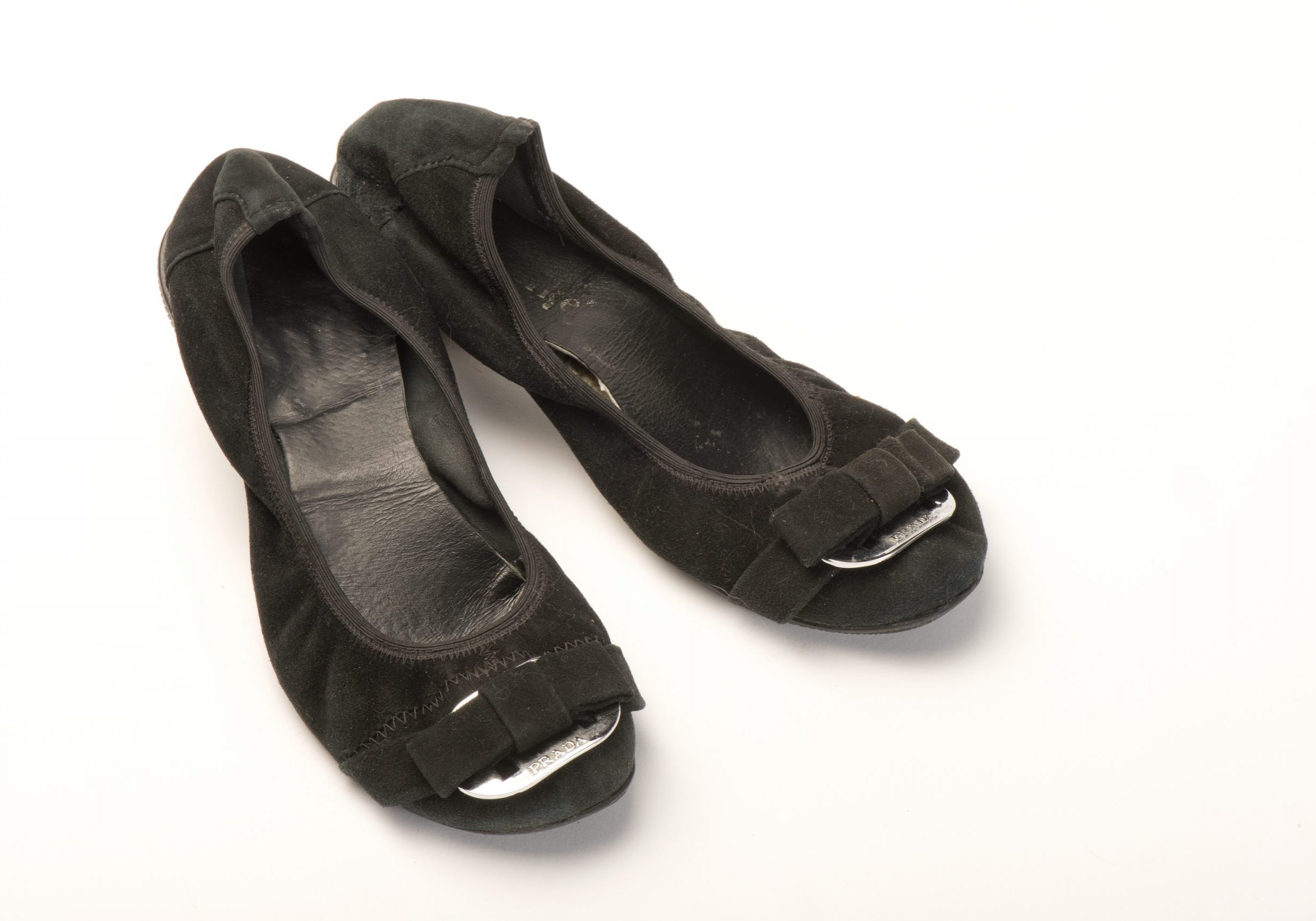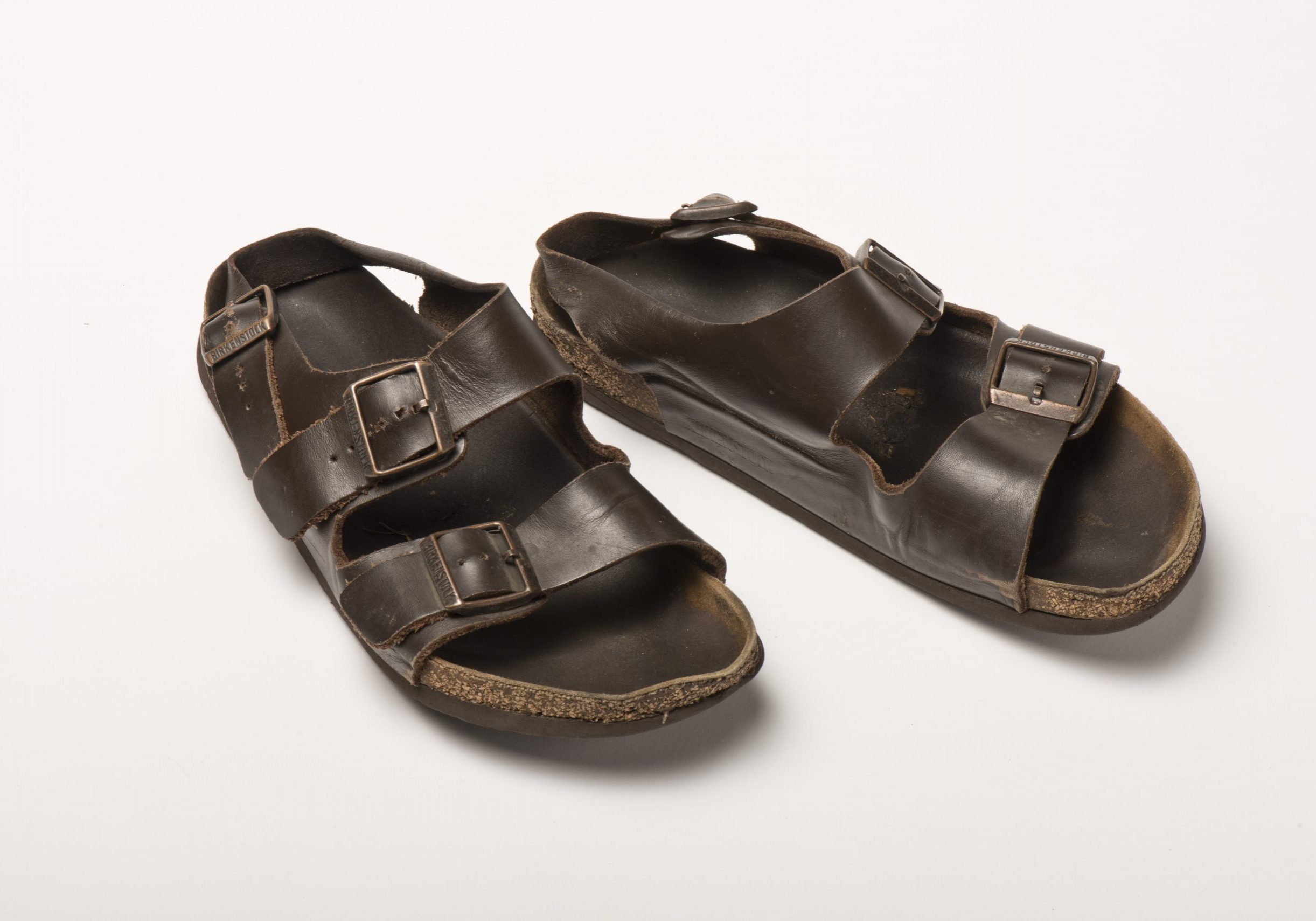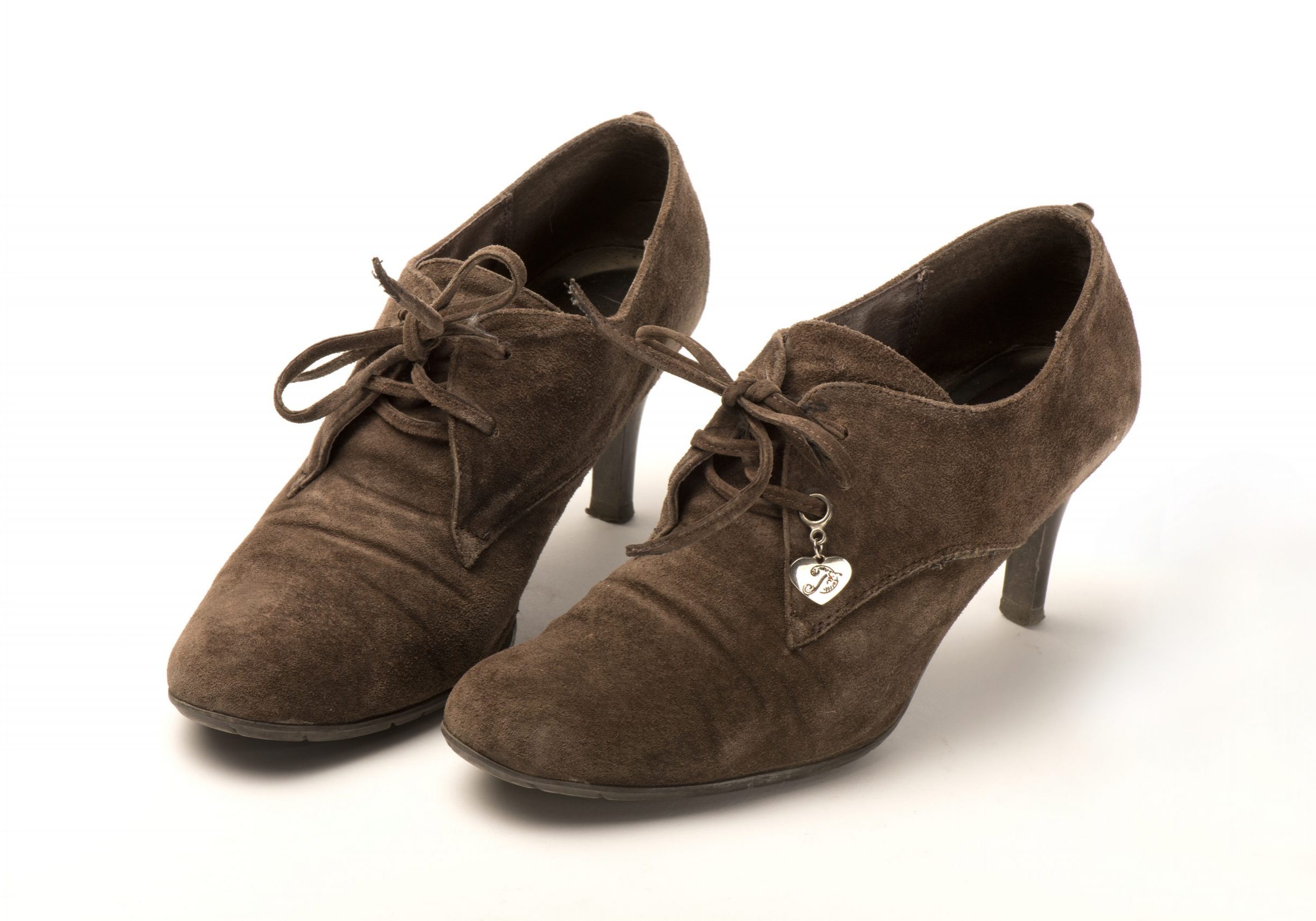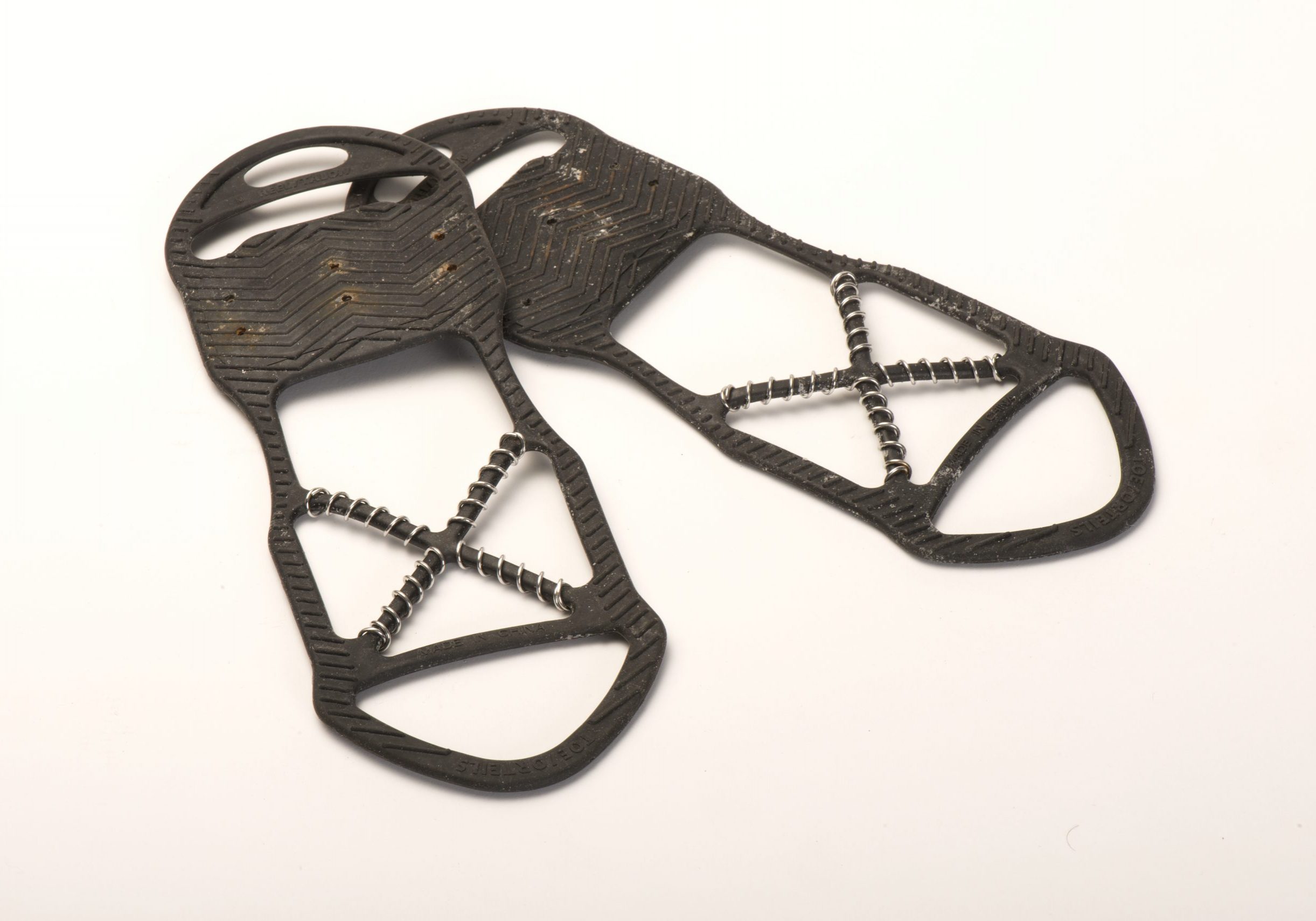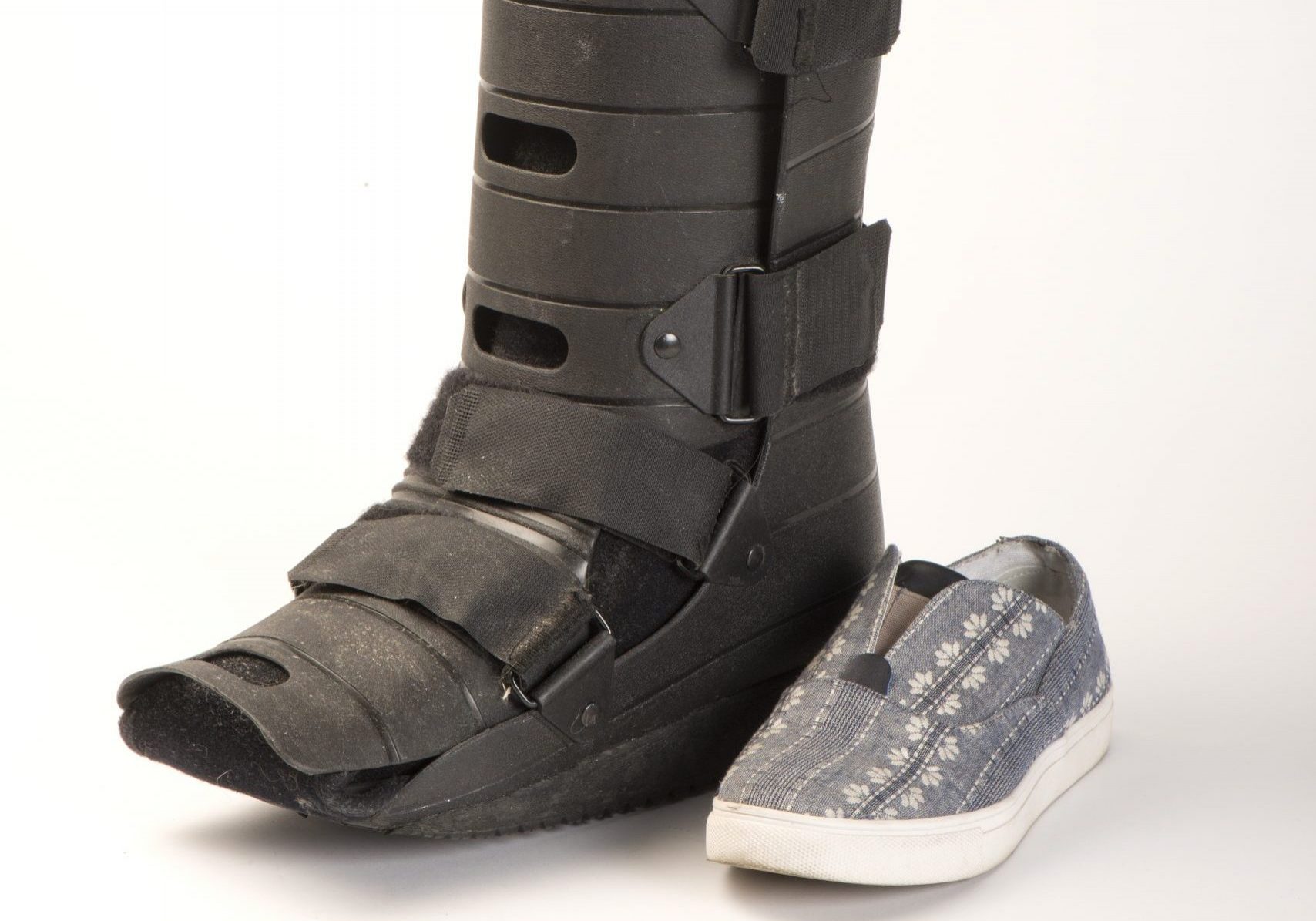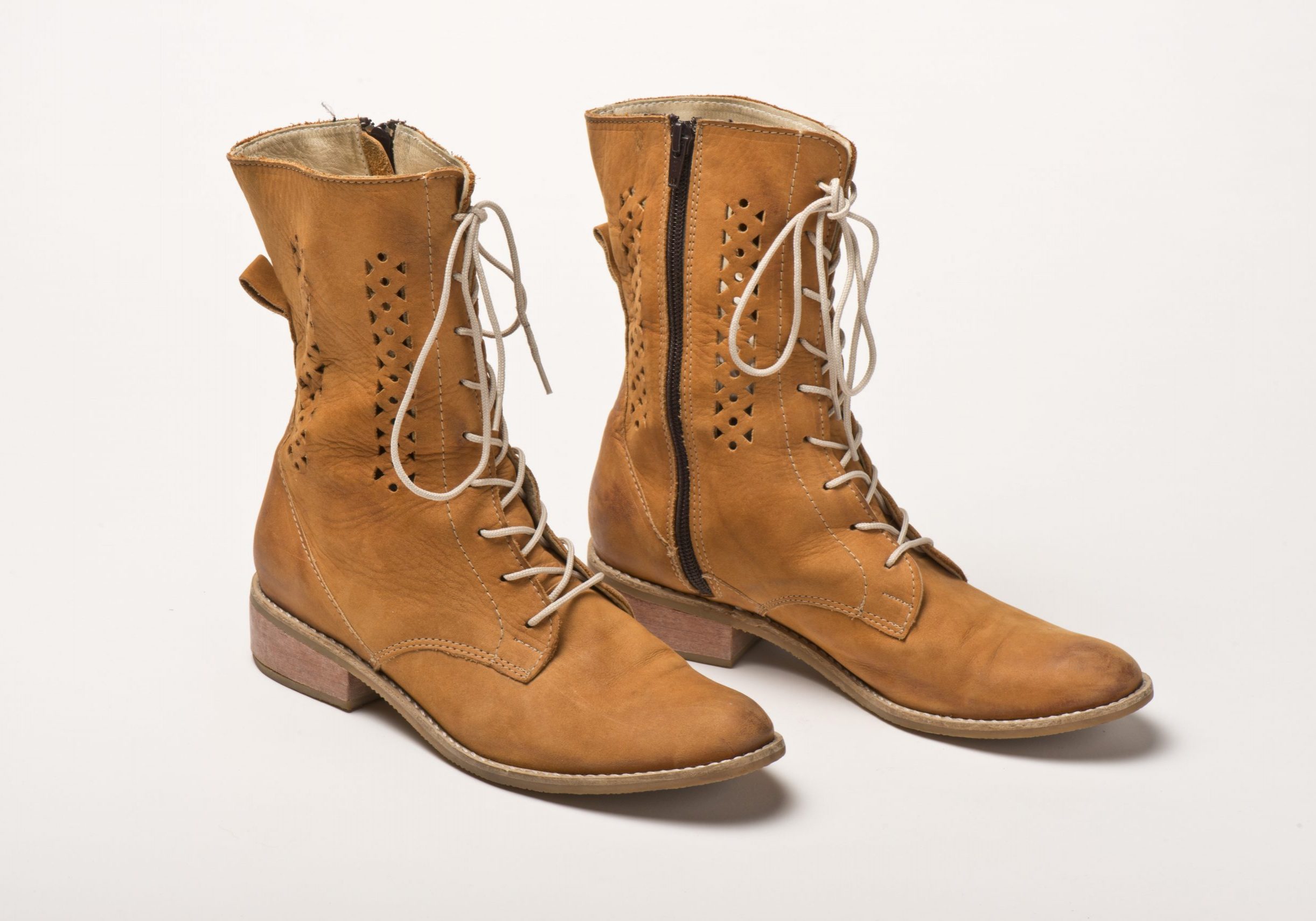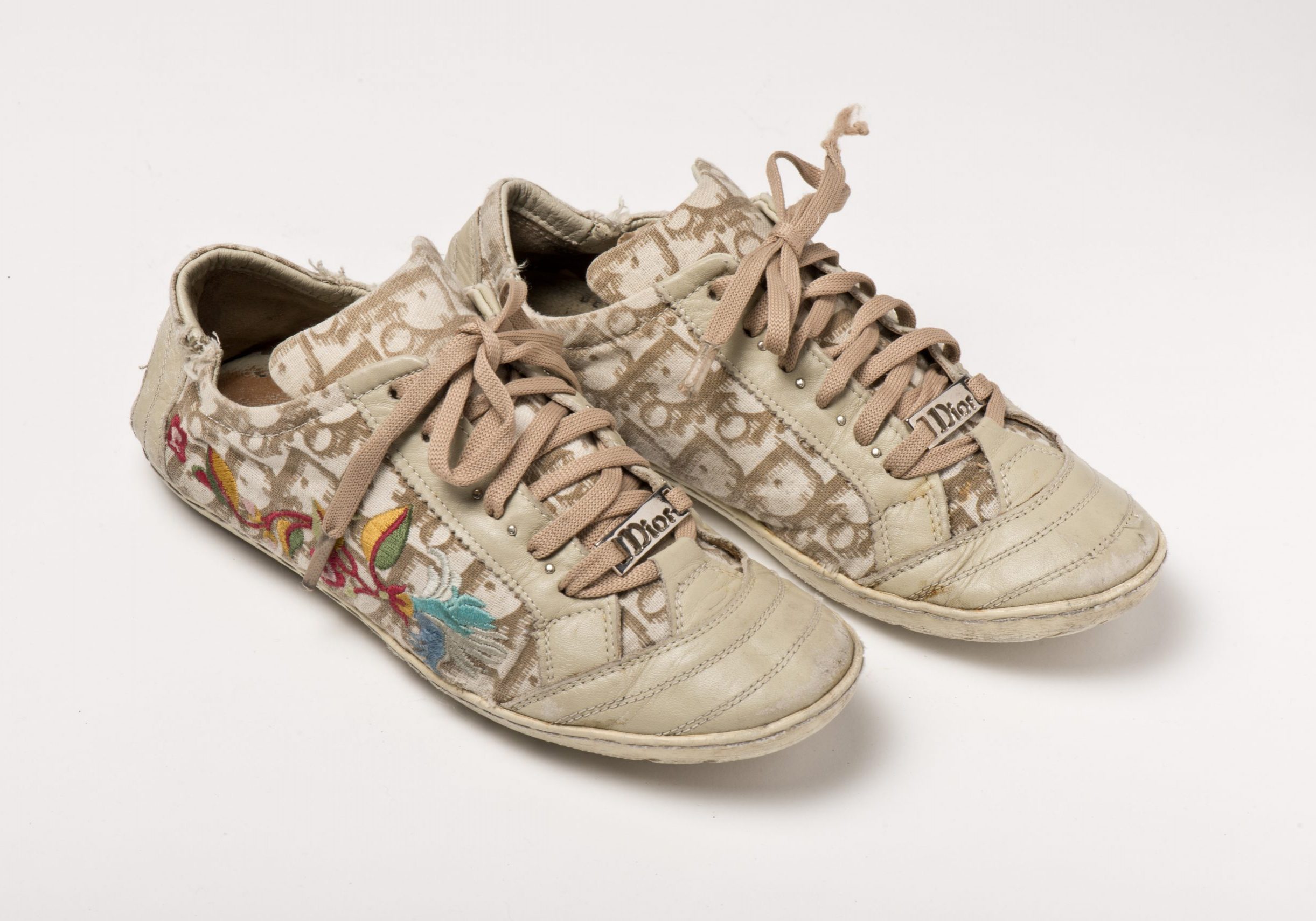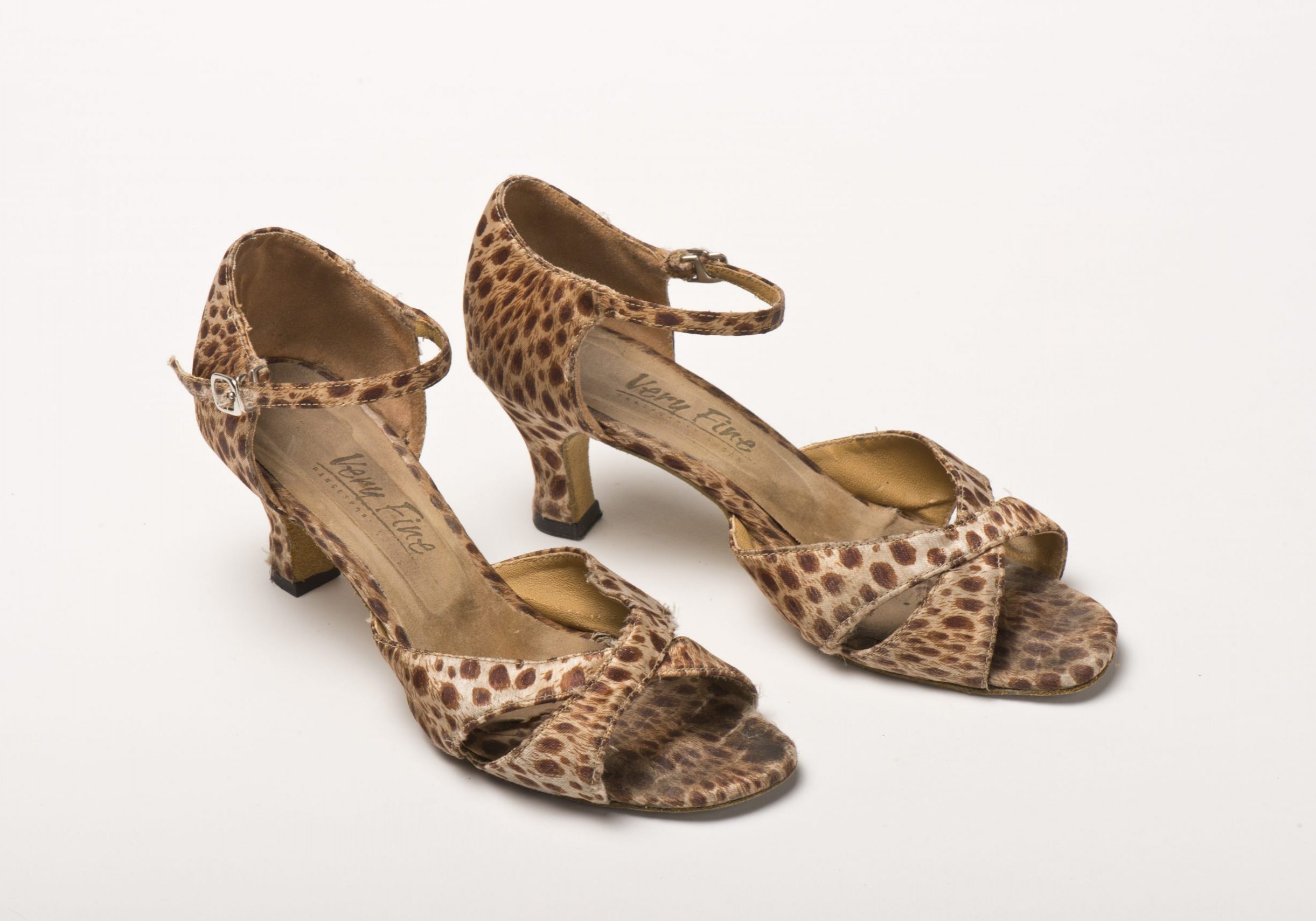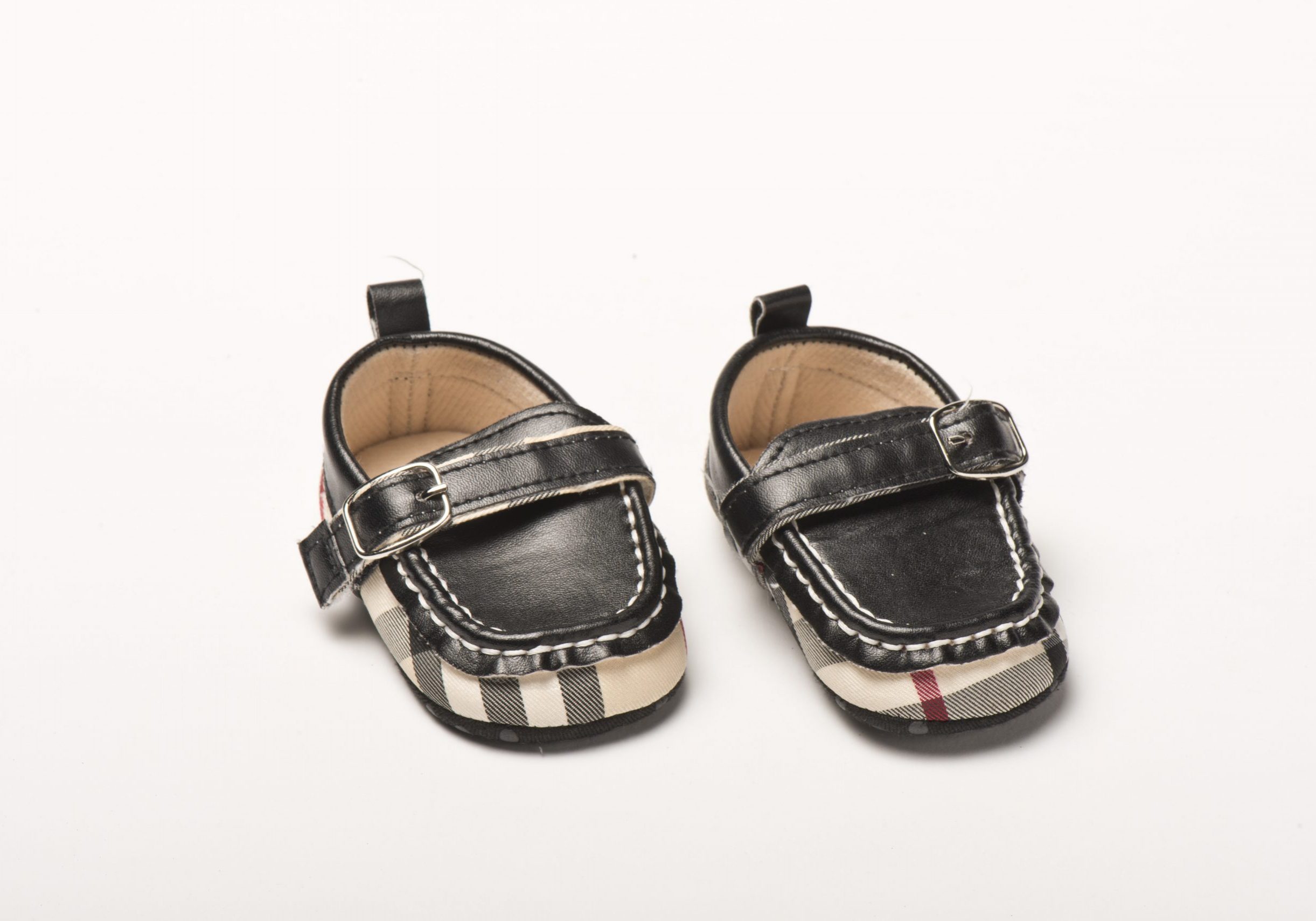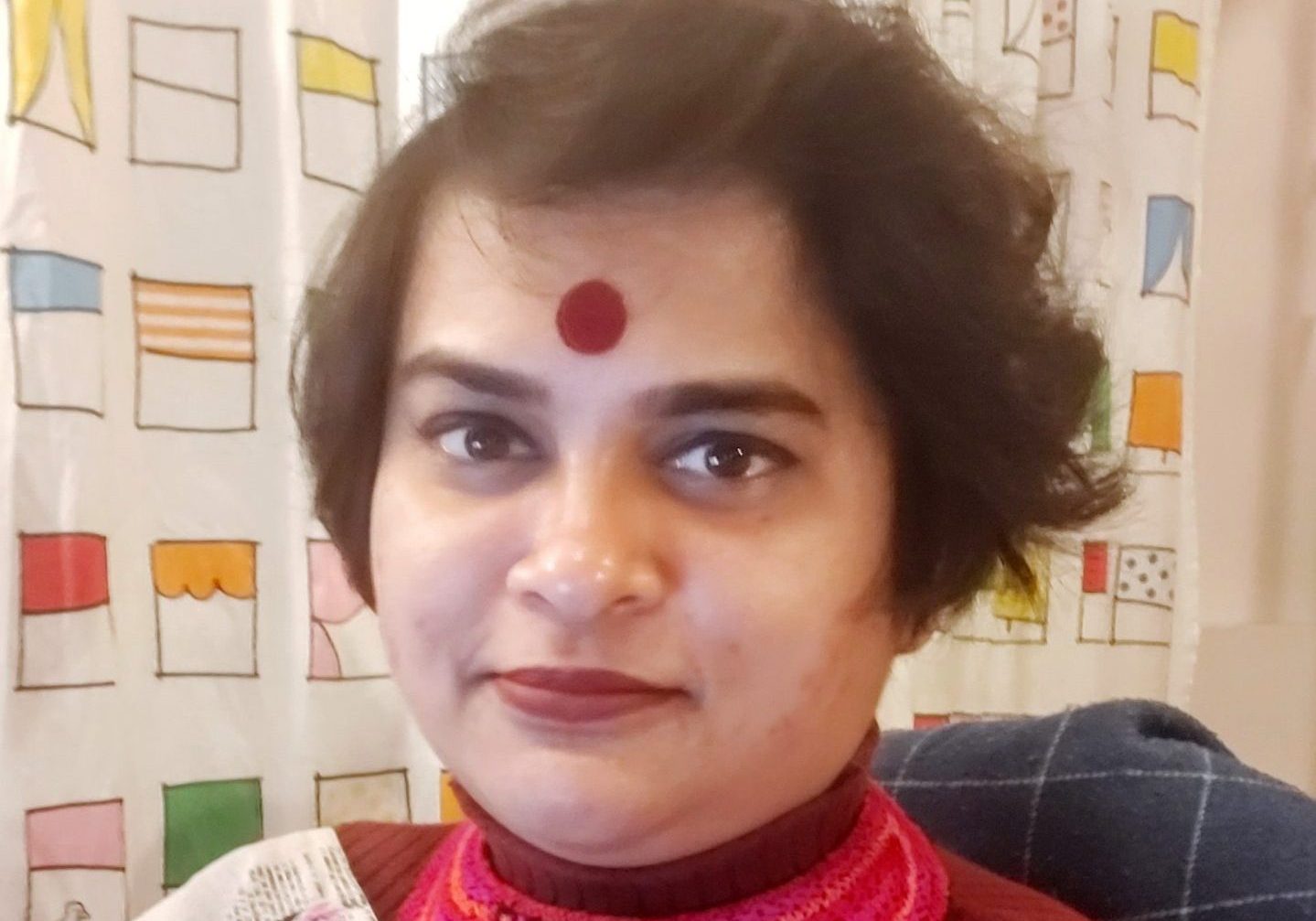Submerged
Reem Morsi
Summary:
Longing for a past era, I fondly combed through my memories in Egypt. Leaving home and searching beneath the surface, I suddenly realized what certain images from the past really mean to me.
Story:
Alexandria was too small for my dreams. For an Egyptian city, a population of eight million is that of a small town full of gossip. It made me want to escape and experience the vastness of the world. Now, a hundred years later, I dream of going back to the Egypt of my youth.
Alexandria was too small, so I escaped underwater when I was eighteen. I put on my scuba gear and went on an archaeological dive to Greco-Roman ruins lying asleep under the Mediterranean Sea. It felt strangely familiar.
I was hooked.
Scuba diving is liberating and boundless.
The stronger your flippers, the freer you feel.
I left my mother and sisters and moved far away to the Sinai Peninsula. I instantly fell in love with the town of Dahab, which means gold, because it’s nestled between mountains that turn gold at sunrise and the Red Sea that turns gold at sunset. The town was much smaller than Alexandria, in fact, it was as big as two Kensington Markets, yet it felt like a world unto itself; the faces, the stories, the journeys … a world where I could submerge myself.
Dahab was a colony of scuba divers, and I was the only Egyptian female scuba diver living there in the 90s. The locals assumed I was a prostitute, a drug addict, or at the very least a “loose woman.” I didn’t care. It was my favourite time ever – my favourite me.
Diving is like being an embryo in a giant womb, you’re submerged in wet darkness, and as you float around, you see something. Floating around in the Red Sea, I was fascinated with a Wreck!
It was a British Navy Vessel that sank in the Red Sea in 1941. It was called “The Thistlegorm.” I went there on daily boat trips as a scuba divemaster.
It felt like a ritual like I was paying respect to those who never made it back to the surface.
Most of the time, the visibility in the water was poor. I would put on my weights and gear, slip on my flippers and slowly descend, hand over hand, down a rope leading to an invisible destination. This shipwreck lay concealed starting at thirty meters deep. It emerged with a sudden magnificence, only when you got close enough.
At that depth, colours disappear. The fish and the reef appear dull. Swimming around with my flashlight, I came upon traces of lives lived: motorcycles and boots, artifacts striving to remain intact.
I found myself listening carefully, trying to sense what those lives had been like – trying to imagine how it would’ve felt if my father had been there, beside me.
My father really loved tales of adventure. Instead of bedtime stories, he and I would go on expeditions in our shared imagination. I started writing them down, and he’d critique my naïve scribbles as if commenting on a work of art. Like me, he was a film buff; we’d spend hours dissecting every movie we watched, even though I was only 10. Today, I hear echoes of him as I write my film scripts.
Though my father never scuba dived, I always imagined him submerged with me.
Maybe I like diving so much because the wrecks stay there forever, as an underwater hommage to a life, to an era that has long gone. I long to be ten again, but I can’t. Flippers don’t work in reverse.
REEM MORSI is from Egypt. She studied International Law & Filmmaking. She now works as a filmmaker in Toronto.
